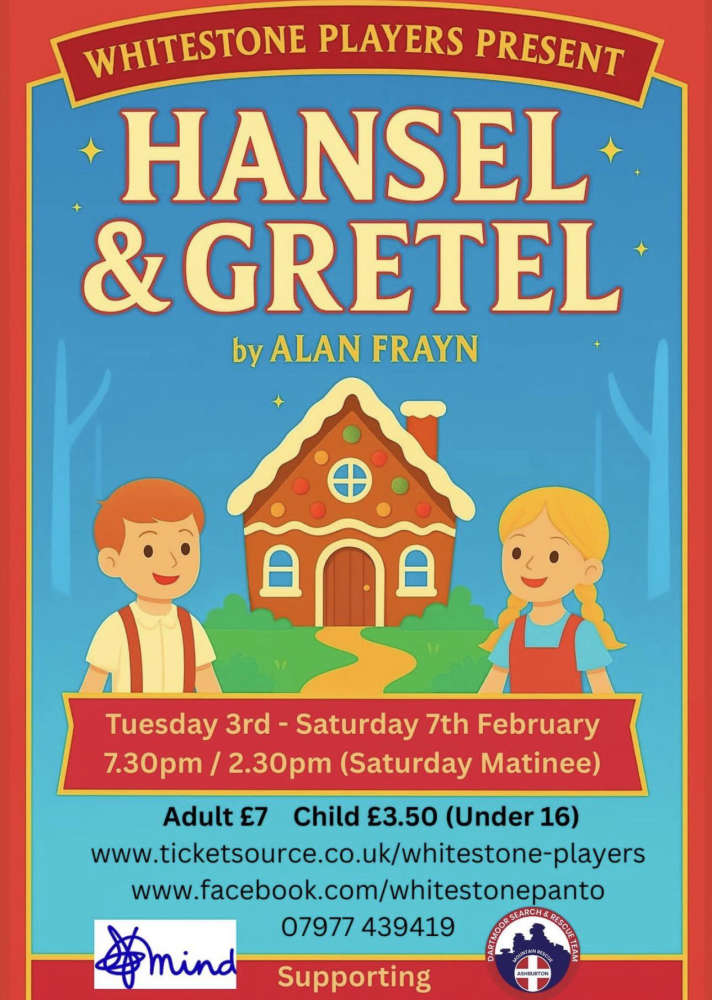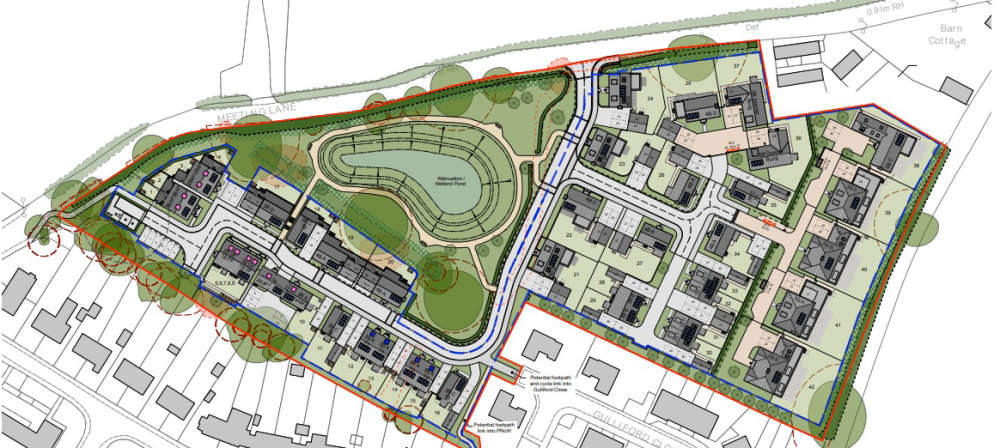
The developer behind a plan for 42 homes in an East Devon village has been given the green light by a government inspector after the local council blocked one version but then accepted another.
A proposal to build 42 homes on land between Meeting Lane and Strawberry Hill was initially refused by East Devon District Council’s planning committee in August last year.
But then the developer, 3 West, put in a tweaked version of the scheme, including making it an ‘outline’ plan, meaning it was seeking permission to build ‘up to 42 homes’, with the exact figure to be agreed at a later date.
That revised version was rubber-stamped by East Devon’s planning committee in November, but this prompted the developer to appeal the decision to reject its initial scheme.
Now the Planning Inspectorate has allowed the appeal, meaning 42 homes can be built on the site.
The council’s approval of the subsequent outline scheme on the same site was deemed a “material consideration” by the inspector.
Furthermore, “moderate weight” was given to the fact that the site was included in the council’s emerging local plan, which has yet to be ratified but identifies areas where homes could be built. That inclusion came after the initial planning application was refused.
The main issues dealt with by the inspector included whether the site was appropriate for housing, the effect on the character and appearance of the area and the scheme’s potential impact on protected trees, and whether there was adequate social housing that was also properly dispersed across the site rather than clumped together.
Fears about the impact on the nearby Exe Estuary and Pebblebed Heaths European Protected Site was a final factor.
But even though the inspector agreed the site “does not represent an appropriate location for the proposed housing”, the inspector noted that East Devon District Council did not have a five-year housing land supply.
This is a government requirement upon councils, meaning they have to have enough approved planning sites to show they can meet their annual housing target over the next five years.
While East Devon had a 4.5 year supply when it initially refused the application last year, changes to national planning policy since then mean it now only has nearly three years’ worth.
The inspector also agreed with the council that the affordable housing was not suitably dispersed throughout the site, but concentrated in one area.
The council had raised the fear that this could limit social cohesion, and the inspector said there appeared to be no reason why the affordable housing “could not be dispersed throughout the development without materially harming the character and appearance of the area”.
The developer has proposed 35 per cent of the properties would be affordable, and has pledged nearly £293,000 to help fund further affordable homes in other areas of the district. That step has been taken because developments in rural areas are required to have a 50 per cent level of affordable housing, although funding can be given in lieu of some on-site provision.
The inspector also felt there was suitable mitigation proposed by the developer to ensure that the Pebblebed Heaths would not be unduly impacted, and while some heritage concerns were noted – especially in regard to Thorne Farmhouse – they were not deemed significant.
“Having considered the benefits and adverse impacts of the appeal scheme, I conclude that the adverse impacts identified, namely conflict with the council’s spatial strategy, limited harm in respect of the proposed affordable housing provision and less than substantial harm to the heritage significance of the listed building at Thorne Farmhouse would not, cumulatively, significantly and demonstrably outweigh the substantial benefits of the proposal when assessed against the policies of the framework taken as a whole,” the inspector stated.
“Therefore, the presumption in favour of sustainable development, as set out in the framework, applies.”
The developer also submitted a claim for costs against the council, but the inspector refused this.

 Second Christmas Day swimmer identified
Second Christmas Day swimmer identified
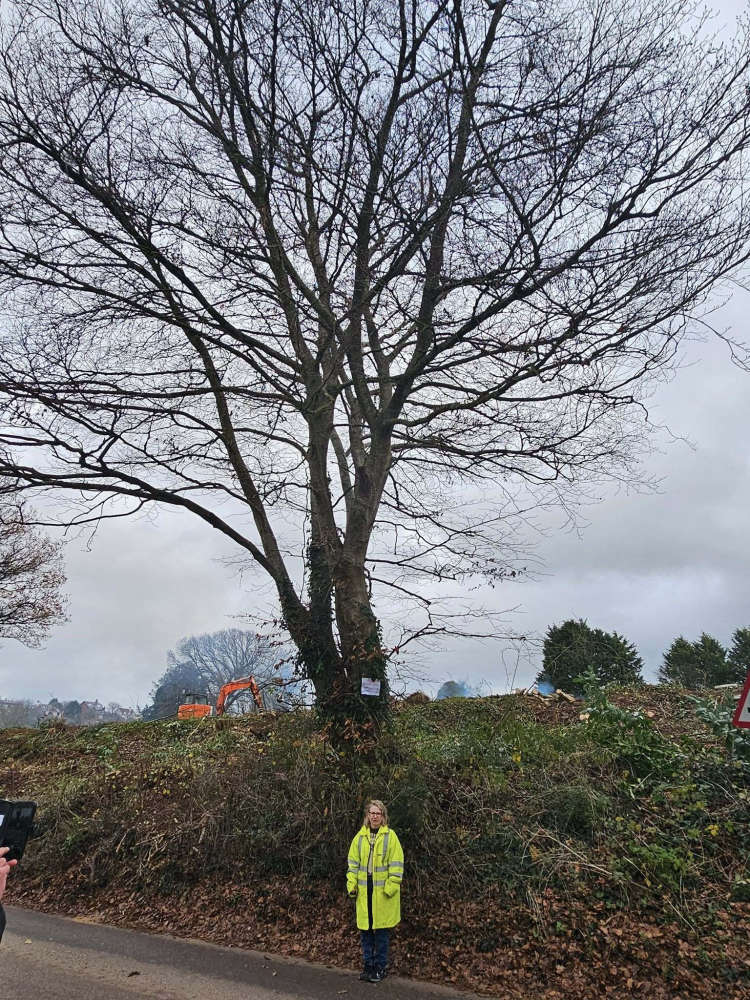 Plan for 63 homes lands on controversial ‘hedge destruction’ site
Plan for 63 homes lands on controversial ‘hedge destruction’ site
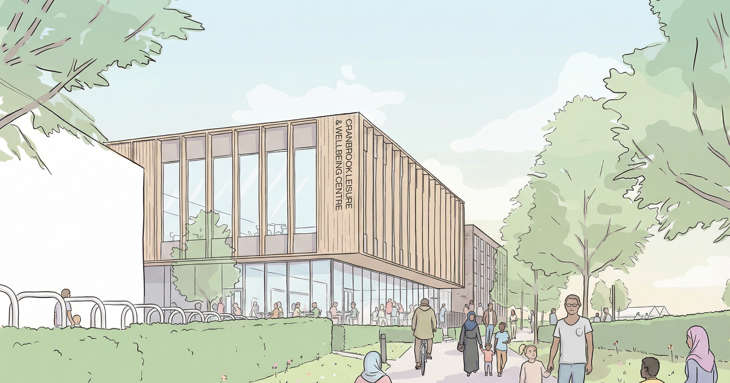 Have Your Say on Cranbrook’s New Leisure & Wellbeing Centre
Have Your Say on Cranbrook’s New Leisure & Wellbeing Centre
 Criminal damage in Pinhoe, Exeter
Criminal damage in Pinhoe, Exeter
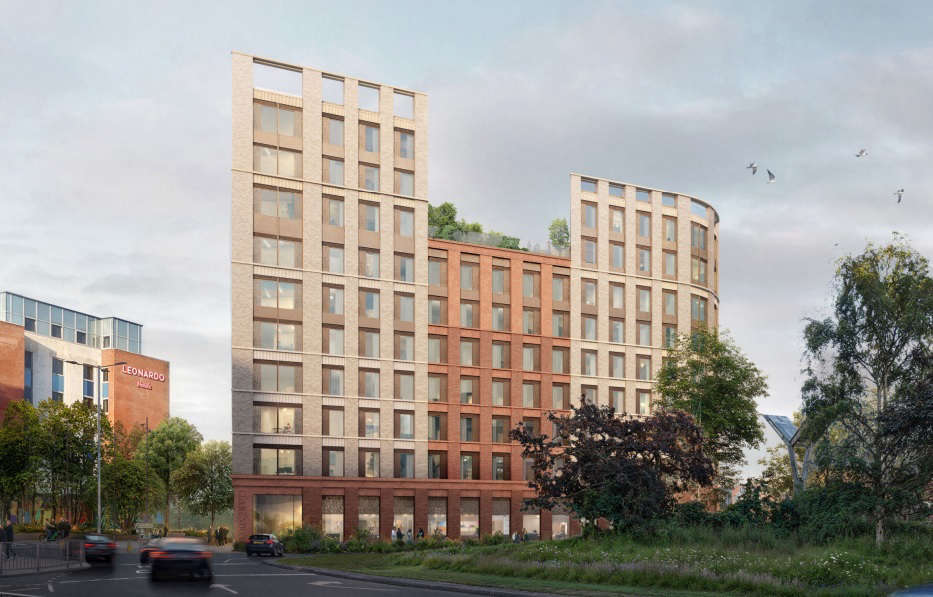 Massive Exeter student flats block would ‘tower over homes’
Massive Exeter student flats block would ‘tower over homes’
 Flag removal on one city road could cost £6k
Flag removal on one city road could cost £6k
 Another 24-hour takeaway planned for Exeter
Another 24-hour takeaway planned for Exeter
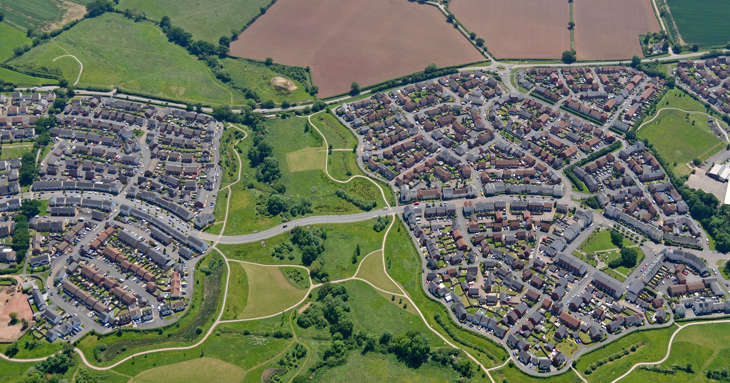 Residents invited to comment on draft governance recommendations for Cranbrook and surrounding development areas
Residents invited to comment on draft governance recommendations for Cranbrook and surrounding development areas











